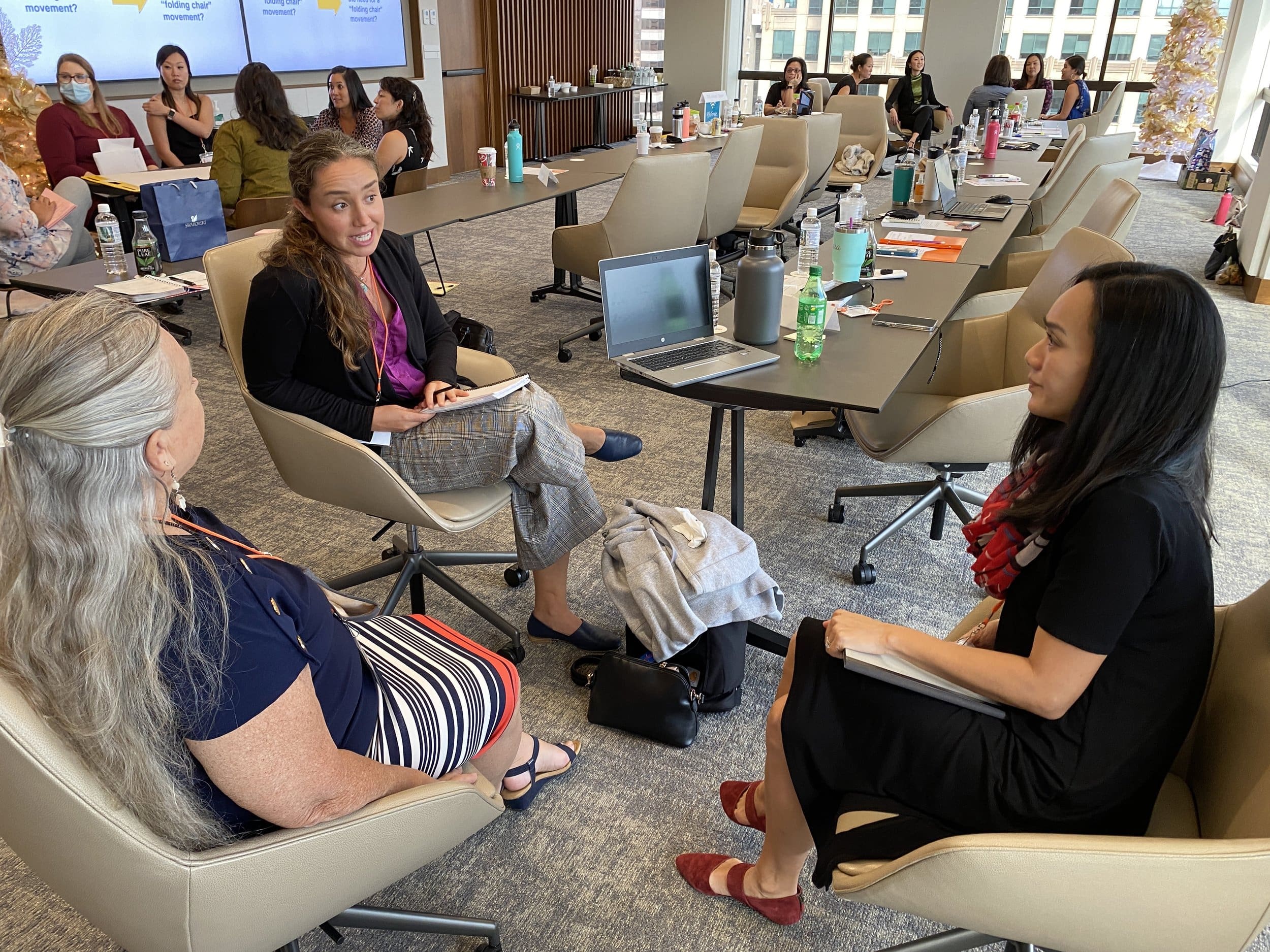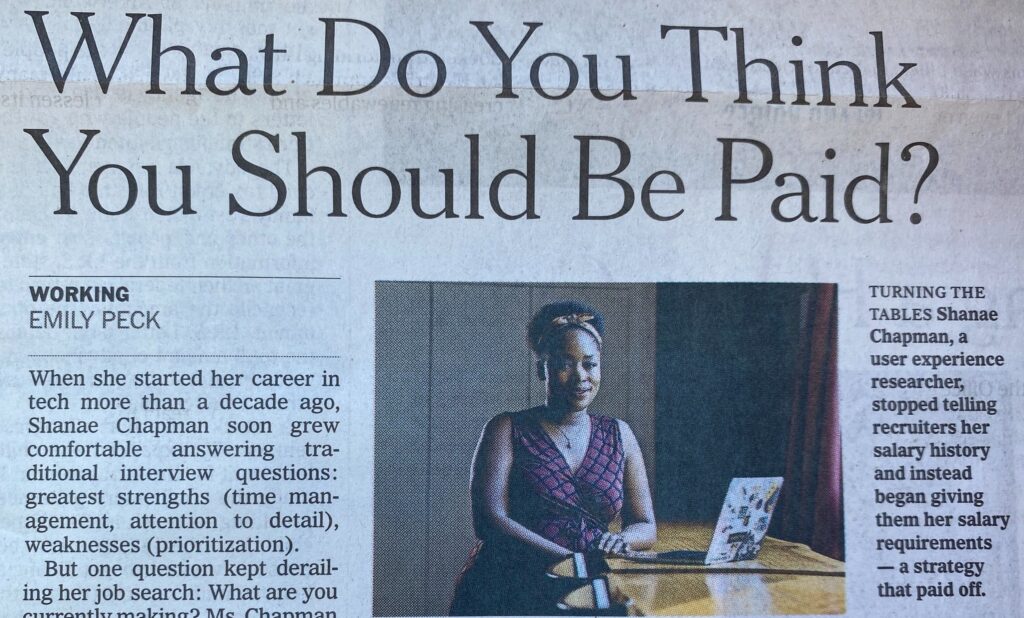It’s a beautiful Sunday morning in Honolulu in January, and I know that I am in a bubble because much of the rest of the country is dealing with unpredictable, cold, single-digit weather. I feel like I have to apologize for my 70 degree sunny beach weather, but after ten years as a School Superintendent, I think I’ve earned this moment! I started my day with my Café Bustelo and the local newspaper in hand, the Honolulu Star Advertiser. I still love having the newspaper delivered to my door – it forces a break from reading everything on the phone.
While the weather may be drastically different in Hawaii than in the rest of our nation, the policy issues are not. A story buried deep in the paper caught my attention this morning. It’s a reprint of an article written by Emily Peck in the New York Times and talks about gender pay inequity. Has this story run already…many years ago? It’s what I call a “groundhog day policy issue.” The article cites that the 2020 census data reflects that “women earn 83 cents for every dollar a man makes.” The other half of that story should be that the pay inequity is twenty cents on the dollar worse for women of Hispanic, Black and Native American backgrounds.

At the heart of the article, the issue is whether a woman seeking a professional position should have to reveal her pay history. By doing so, a salary history that has already been inequitable, is further undervalued by the offer of a match or slightly higher salary rather than a salary that reflects the job role and the true worth of her expertise and professional training. Let me be clear about the matter. Employers’ reliance on salary history in hiring and compensation decisions is a textbook example of structural bias against women, particularly women of color.
I remember over ten years ago when I was negotiating my first district Superintendent’s contract. I had worked for six years alongside a reform-oriented Superintendent as his right hand executive leader designing and implementing a holistic school redesign system to turnaround one of the worst performing districts in the nation. I was going to be his successor to continue the great improvements we were realizing as a community. As I walked into the negotiating meeting, I was complimented for my leadership and welcomed to this important next role as CEO. This compliment and gratitude for being willing to stay and ensure continuity in the work was followed by an offer to be paid $50,000 less than my predecessor. I was ready for this conversation. My response was simple. The next level of work beyond the initial reform work was going to be even harder, to maintain and grow our success for students. Therefore, it was important to acknowledge this by starting our negotiations with the exit salary of the outgoing Superintendent. My Board Chair, to his credit, said that that was not only fair but that the community needed to know that a Latina woman coming into the CEO seat was not worth less than the existing White male leader. I appreciated this honest conversation, but I know that this is still not how many women today, particularly women of color are treated at the negotiating table.
It’s jarring to see a newspaper article in 2022 that is still talking about gender-based pay inequities. So what are we doing about it?
I started Voice4Equity to bring awareness to these “groundhog” policy issues whose long-standing existence has meant accumulated impact on women in the form of lost wages, lost access to benefits, and lost access to investments that could have moved their own families further along economically. Our focus is not just awareness though, its disruption.
Our work is about getting to equity through policies that force changes that disrupt systems that are built by men for men, and designed with bias.
As of December 2020, nineteen states, as well as Washington DC, Puerto Rico and twenty localities, all had some version of a salary history ban policy in place. Those places have already seen some improvements in closing the gender pay equity gap. We have to do much more, including ensuring women are aware and prepared before they enter the room to negotiate.

Voice4Equity is offering two learning opportunities that focus on further developing the policy knowledge of women in education. The first program is the High School Girls Policy Network, focused on engaging juniors and seniors within a diverse cohort to learn about the policy matter that connects with their area of passion, interest and potential career path. It is important to empower our young ladies with policy understanding before they enter the job market to stand up to and counter institutional bias that can impede their success.
The second program – the Women Superintendents Policy Leadership Academy, is a semester-long program targeted to sitting Superintendents or Cabinet level women leaders to provide a networking space to talk about the equity policy issues and conflicts that they are experiencing, and to further develop their own strategy for policy voice.
If you are interested in hosting one of these programs in your district or as a statewide offering for the 2022-23 school year, please contact me at DrK@voice4equity.com.
We are also looking for corporate sponsors who are intentionally invested in the mission of equity. If you are a corporate leader who would like to improve access for women of color in your state to take down disempowering systems, please contact me to get set up.

